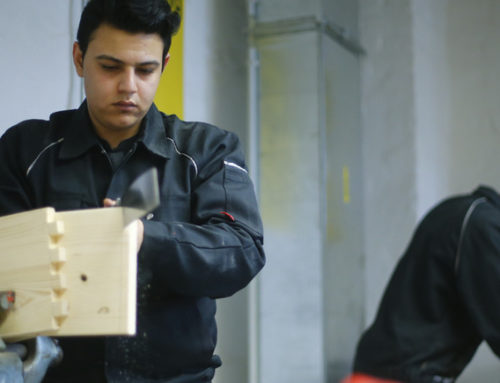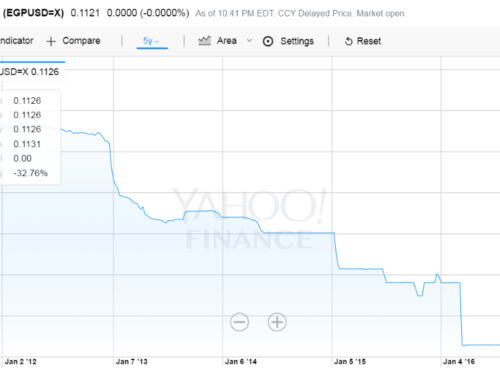I watched this unfold on Twitter a few minutes ago.
A suicide bombing in a Lebanese restaurant in Kabul killed 14 people. No list of casualties were given. (A little afterwards the news informed us that four UN workers might be in the casualties, but civilians were not in the “breaking news” follow-up reports).
The owner’s daughter, Mona Hamade, studies in Cambridge in the UK – and was naturally terribly worried for her father. After failing to reach anyone by phone, she turned to Twitter and started messaging journalists on site. They were very helpful and starting asking one another – even using the short-lived hashtag #FindKamelHamadeh.
Short-lived, because it wasn’t long until someone replied, informing Ms. Hamade that her father had apparently been killed in the blast.
Watching this unfold on Twitter was a strange testament to everything that’s great and gruesome about the internet. Great because Ms. Hamade was able to seek news at warp speed, and because people she doesn’t know stepped up and offered help.
And gruesome because we could all watch all of this unfold, live and uber-publicly.
And there’s (another) kicker. The journalist who replied that her father had seemingly passed (see last tweet in the compiled screenshot above) did not @ mention her properly (the “I” pronoun got attached to her name). As such she wasn’t pinged for having received a mention.
And since I saw the tweet a minute after it was sent, there’s a good chance I, and possibly hundreds of others, may have read the message addressed to her, telling her about the death of her father, before she did.
I could over-analyse the significance of this event on reporting and news-gathering and dissemination and so on (and I know some will very soon), but I’m just going to post this and literally going outside for air.
Sincere condolences to Mona Hamade and all the families of the victims.
(Screenshot: these are just a few tweets I selected to give a timeline. There were many exchanges of people attempting to locate Mr. Hamadeh.)




